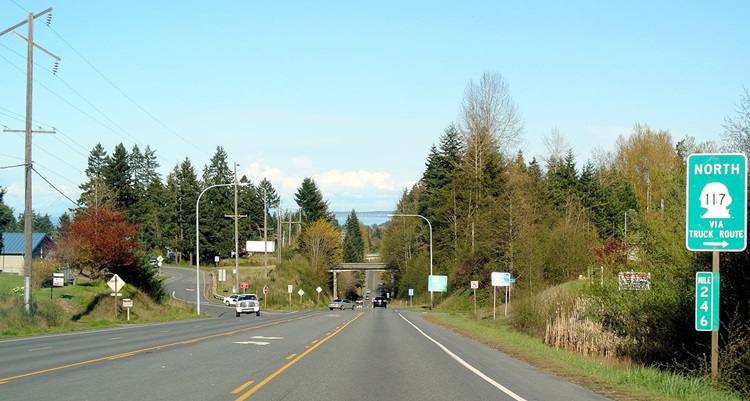In Washington, the Jamestown S’Kallam Tribe has reached a tentative agreement on a new Class III gaming compact that could eventually see the Clallam County tribe given permission to open a new casino.
The federally-recognized tribe already runs the 7 Cedars Casino near the small city of Sequim and revealed that the provisional deal would replace its original 1993 gaming compact along with updates agreed in 2015 and has been designed to better streamline and modernize regulatory practices.
“The [Washington State] Gambling Commission is responsible for negotiating tribal gaming compacts,” read a statement from Bud Sizemore, Chairman for the Washington State Gambling Commission. “The proposed changes reflect current regulatory practices, reduce duplication between tribal and state regulators and clarify the roles for each party.”
The provisional agreement is now set to be sent to the Washington House of Representatives and the Washington State Senate before being discussed at a public hearing on Tuesday morning. If subsequently approved, the deal would be conveyed to Democratic Governor Jay Inslee for his signature before being forwarded to the Bureau of Indian Affairs for review and approval.
If eventually endorsed, the new gaming compact would see the Jamestown S’Kallam Tribe granted approval to open another casino although the group declared that it “does not have current plans for a second facility” while the tribe would additionally be given permission to offer any Class III table games “authorized for play” in the western state.
The proposed deal would moreover see the tribe given responsibility for licensing new or renewing employees before registering these with the state, although the Washington State Gambling Commission would continue the process of conducting annual criminal background checks.
The new gaming compact would also see internal controls approved by the Jamestown S’Kallam Tribe set as the minimum operating standards although these could be changed with the state’s concurrence.
Other changes would see the tribe begin providing information annually concerning problem gambling education, awareness, and treatment services while the Jamestown S’Kallam Tribe is to additionally enter into a memorandum of understanding that defines the schedule of fines and sanctions it or the state may levy against an employee or gaming operation.
Finally, the proposed deal would clarify keno standards, provide a framework for the review and approval of a wide-area lottery progressive jackpot network and require the Jamestown S’Kallam Tribe to lease Class III gaming stations or tables from another tribe if it ends up operating more than 60 units.



